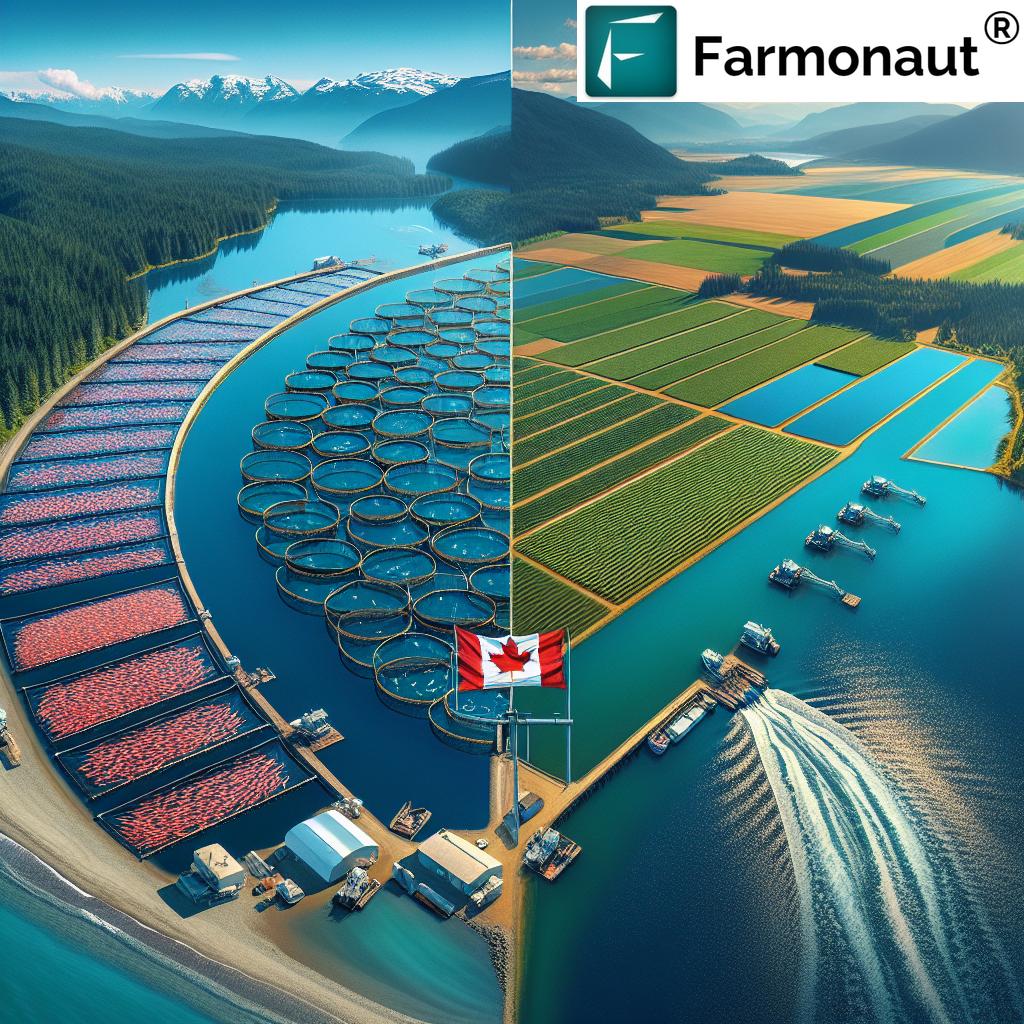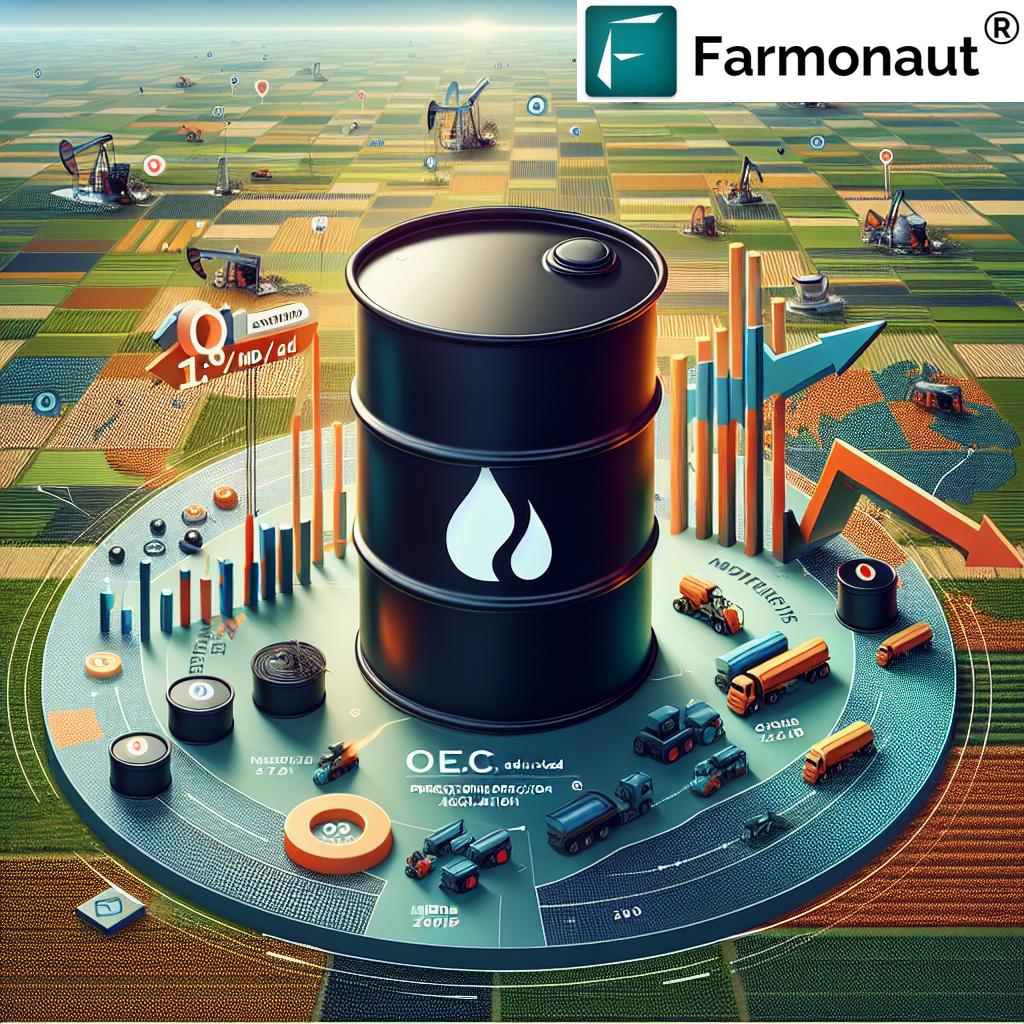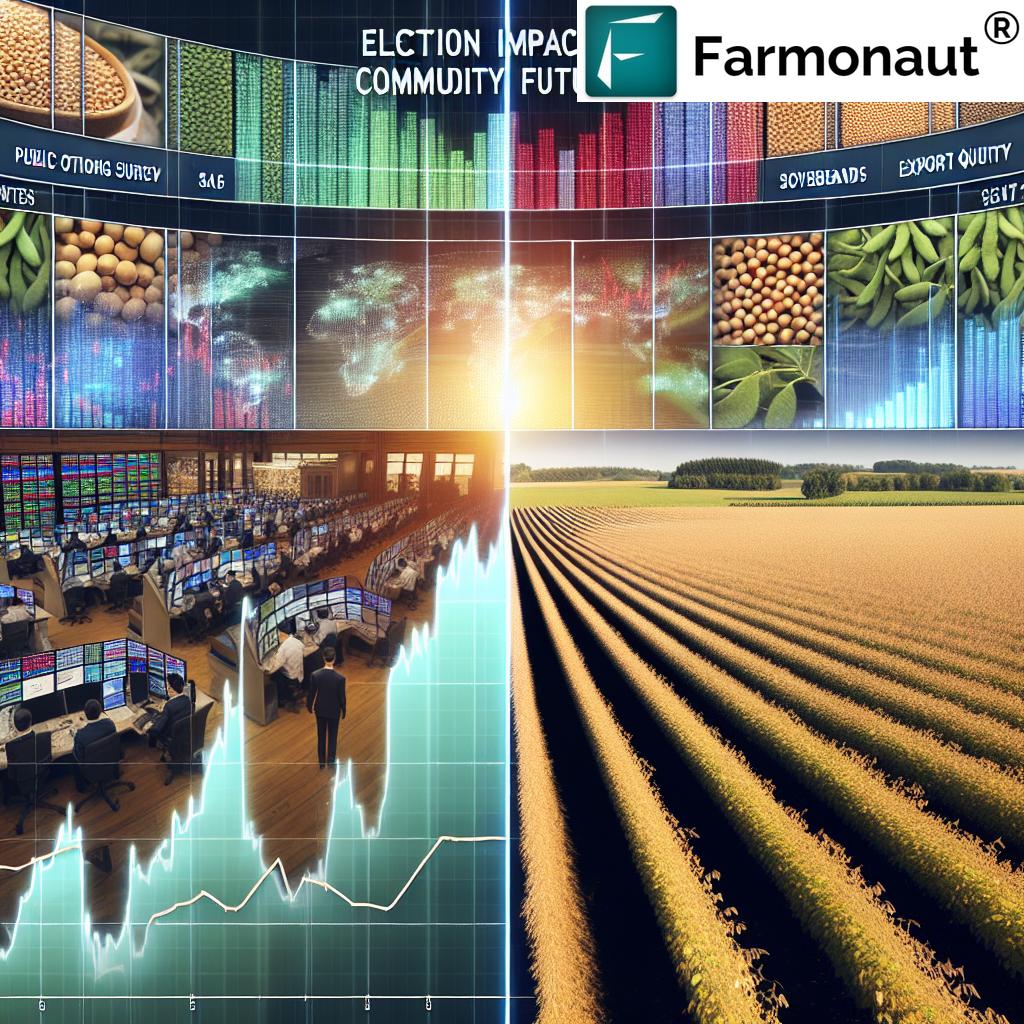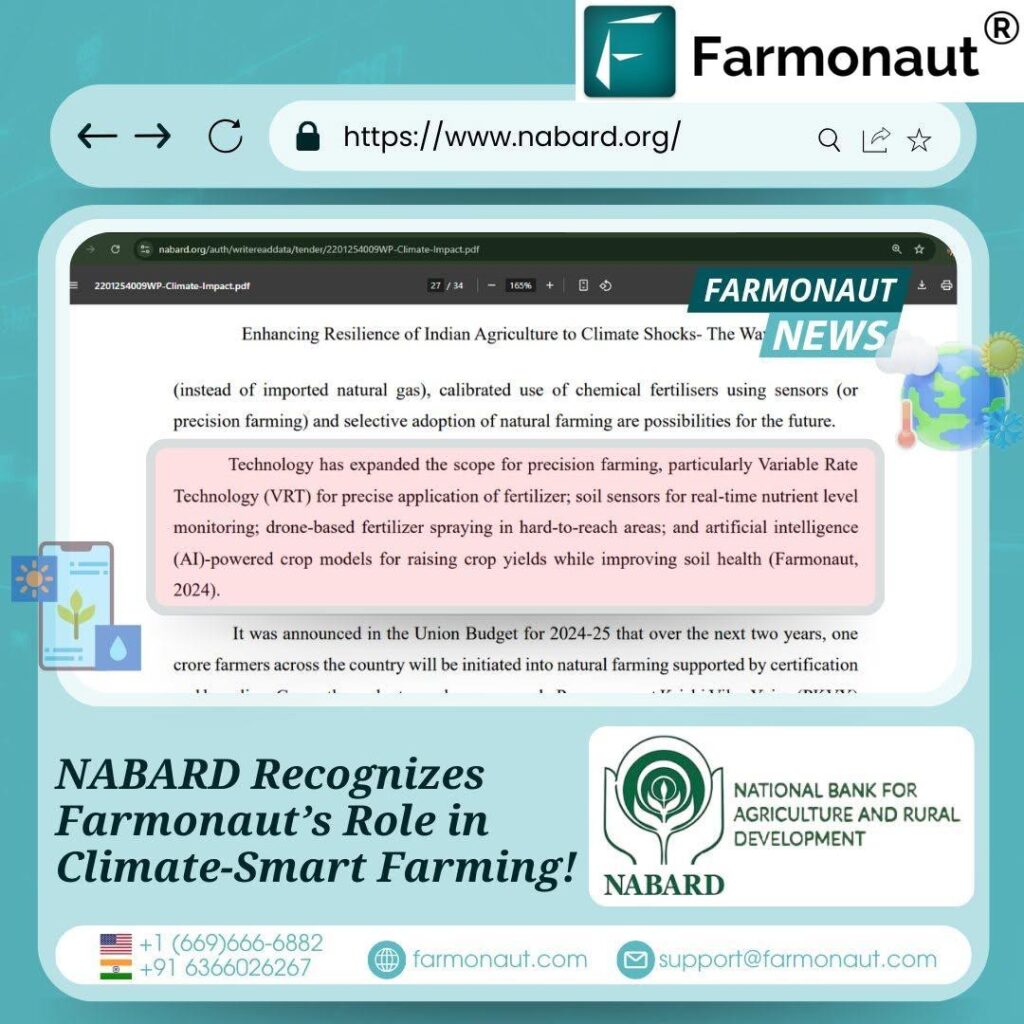Revolutionizing Agriculture: Breakthrough Bacteria Slash Fertilizer Use and Combat Climate Change
In a groundbreaking development at the intersection of genetic engineering in agriculture and climate change mitigation, scientists have unveiled a revolutionary approach to sustainable farming with bacteria. This innovative technique promises to dramatically reduce fertilizer use while simultaneously addressing the urgent need for greenhouse gas reduction in the agricultural sector.
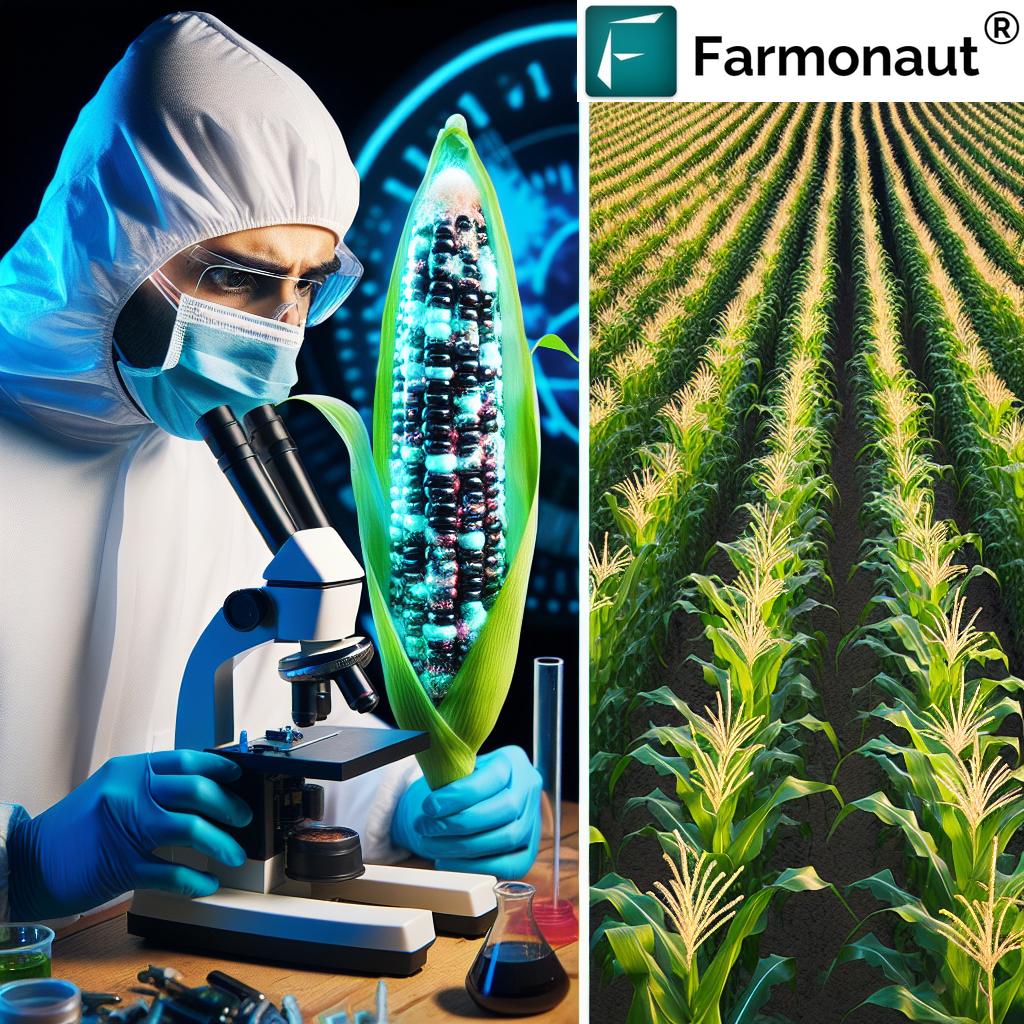
The Dawn of a New Era in Agriculture
In Hazelwood, Missouri, a simple push of a red button marks the beginning of an agricultural revolution. As a milky liquid sprays onto corn seeds in a central Missouri warehouse, it carries within it the promise of a greener, more sustainable future for farming. This liquid contains bacteria whose DNA has been altered through biological engineering, designed to create additional nutrients for plants once the seeds are in the ground.
This breakthrough in agricultural biotechnology could significantly reduce the need for chemical fertilizers, which have long been a double-edged sword in modern agriculture. While these fertilizers have played a crucial role in feeding the world’s growing population, they are also major contributors to greenhouse gas emissions and environmental pollution.
The Climate Change Connection
The urgency of climate change mitigation in farming has never been more apparent. Chemical fertilizers, a $200 billion industry dominated by global giants like Koch Industries, are responsible for greenhouse gas emissions equivalent to about 1 billion metric tons of carbon dioxide annually. This staggering figure surpasses the combined emissions from all coal-burning power plants in the United States.
The production and use of chemical fertilizers contribute to climate change in two significant ways:
- The manufacturing process releases carbon dioxide, a potent greenhouse gas.
- When spread on soil, a portion of the fertilizer is released into the air as nitrous oxide, which is even more potent than carbon dioxide in terms of its heat-trapping capabilities.
This is where the innovative use of nitrogen-fixing bacteria for crops comes into play, offering a promising solution to this environmental challenge.
Pivot Bio: Leading the Charge in Sustainable Agriculture
At the forefront of this agricultural revolution is Pivot Bio, a California-based company whose genetically modified bacteria are being applied to corn seeds across the Corn Belt states. In just five years since their introduction, these treated seeds are now used on 5% of U.S. corn crops, marking a significant shift towards more sustainable farming practices.
Pivot Bio’s approach is a prime example of how biological engineering for agriculture can provide eco-friendly fertilizer alternatives. The company estimates that in the past year alone, their treated seeds prevented the release of approximately 706,000 metric tons of carbon dioxide equivalent – comparable to the greenhouse gases produced by burning 1.5 million barrels of oil.
For farmers looking to optimize their crop nutrition while reducing their environmental footprint, solutions like those offered by Pivot Bio and monitored through advanced agricultural technologies are invaluable. Farmers can leverage tools like the Farmonaut app to track crop health and make informed decisions about fertilizer use.
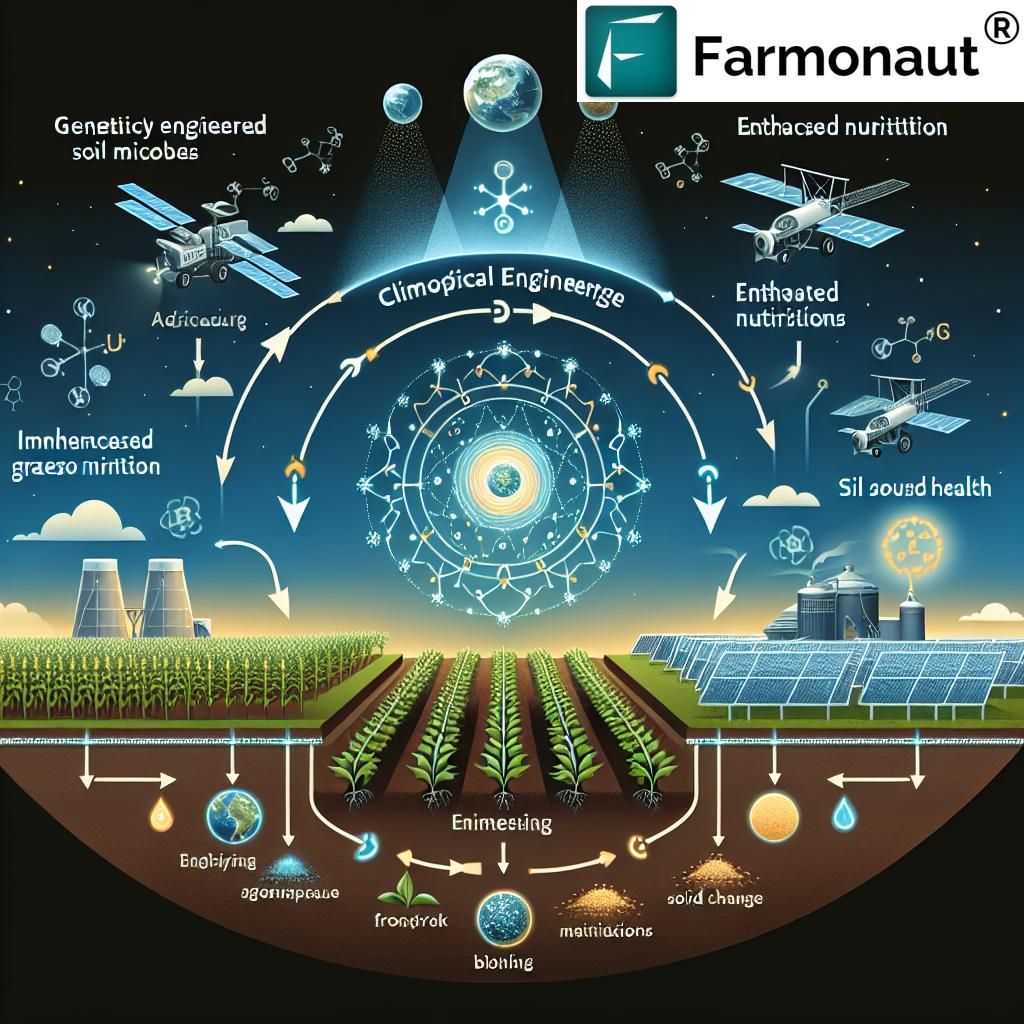
The Science Behind the Breakthrough
The innovation at the heart of this agricultural revolution lies in the manipulation of soil microbes. Naturally occurring microbes in soil feed off sugars expelled by corn roots, converting atmospheric nitrogen into food for the crop. However, these microbes typically shut down in the presence of chemical fertilizers.
Pivot’s product ingeniously alters the DNA of these microbes, forcing them to continue producing nitrogen at an accelerated rate, even in the presence of chemical fertilizers. This breakthrough in genetic engineering agriculture allows farmers to significantly reduce their reliance on traditional fertilizers while maintaining or even improving crop yields.
Challenges and Controversies
Despite its promise, this new technology faces several challenges and controversies:
- Regulatory hurdles, particularly in Europe where genetic manipulation is more strictly controlled
- Concerns about potential unintended consequences of releasing genetically modified organisms into complex ecosystems
- Skepticism from traditional fertilizer manufacturers and some researchers about the efficacy and safety of the new technology
These concerns underscore the need for continued research and careful monitoring of the long-term effects of this technology on soil health and ecosystem balance.
The Future of Sustainable Farming
As the world grapples with the dual challenges of feeding a growing population and mitigating climate change, innovations in agricultural biotechnology like those developed by Pivot Bio offer a glimpse into a more sustainable future. By reducing fertilizer use and harnessing the power of naturally occurring microbes, we can potentially revolutionize farming practices and significantly reduce agriculture’s carbon footprint.
For farmers and agricultural professionals interested in staying at the forefront of these developments, tools like the Farmonaut Satellite Weather API can provide valuable insights into crop health and environmental conditions, enabling more informed decision-making in this new era of sustainable agriculture.
Conclusion
The breakthrough in using genetically modified bacteria to slash fertilizer use represents a significant step forward in our quest for more sustainable and climate-friendly agricultural practices. While challenges remain, the potential benefits in terms of greenhouse gas reduction and improved crop nutrition are immense.
As we continue to explore and refine these technologies, it’s clear that the future of agriculture lies in harnessing the power of nature through innovative scientific approaches. By embracing these advancements and combining them with smart farming technologies, we can work towards a future where agriculture not only feeds the world but also plays a crucial role in mitigating climate change.
For those interested in staying updated on the latest developments in sustainable agriculture and precision farming, consider exploring the Farmonaut platform:
By leveraging these tools and staying informed about advancements in agricultural biotechnology, farmers and agricultural professionals can play a pivotal role in shaping a more sustainable and climate-resilient future for agriculture.





